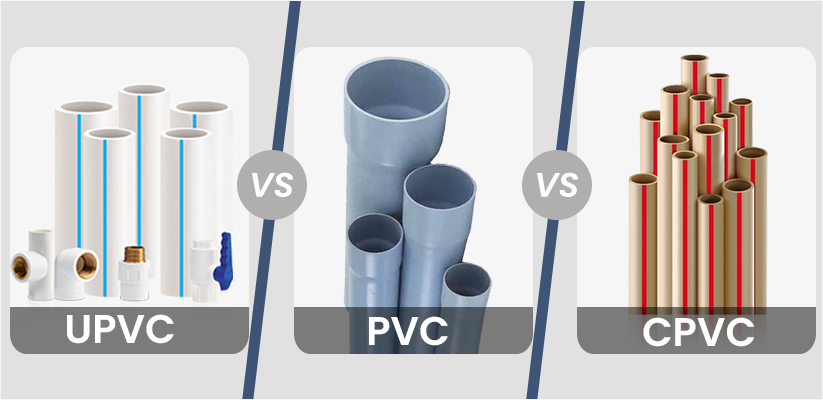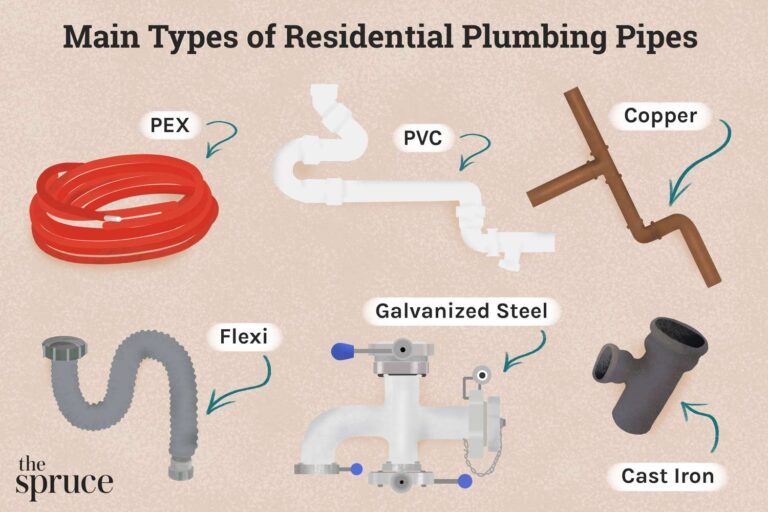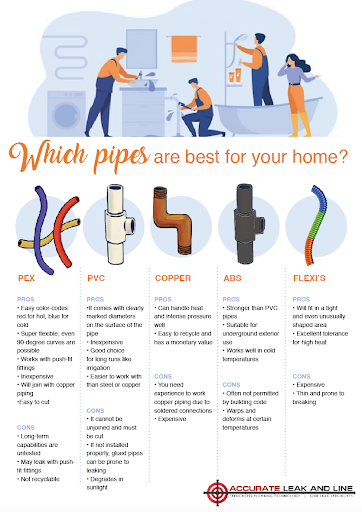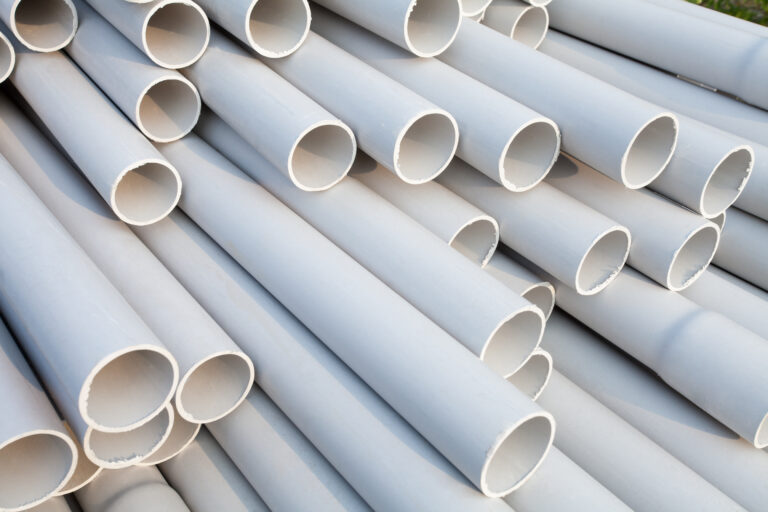What Is The Full Form Of UPVC Pipe?
The full form of UPVC pipe is Unplasticized Polyvinyl Chloride pipe. It is a type of piping material that is commonly used in plumbing and other water applications due to its durability and low-cost. UPVC pipes are made from a combination of polyvinyl chloride and other additives that provide the pipe with its strength and flexibility. It is corrosion-resistant, easy to install, and can be used for both hot and cold water applications. UPVC pipes are available in a variety of sizes and shapes and are often used in residential and commercial plumbing.
Definition of UPVC
UPVC (Unplasticised Polyvinyl Chloride) is a type of plastic often used in building and home improvement projects. It is a highly durable material, making it ideal for a range of applications including windows, doors, roofline products, cladding, and decking. UPVC is resistant to corrosion and deterioration, making it a great choice for outdoor use. It is also easy to install, maintain, and clean, making it a practical and cost-effective solution. UPVC is also an environmentally friendly option due to its recyclability properties. UPVC is an excellent choice for those looking to improve their home, as it is a low maintenance, long lasting material that can be used in a variety of applications.
Advantages of UPVC Pipe
UPVC pipes offer a range of advantages compared to traditional metal pipes. They are lightweight, easy to install, resistant to corrosion, chemical and UV radiation, and provide an excellent seal against water leakage. Furthermore, they are cost-effective and require little maintenance. UPVC pipes are also extremely durable, often lasting up to 50 years, and they are recyclable, making them an environmentally friendly option. In addition, their strength and durability make them perfect for use in construction, plumbing, and irrigation. Thanks to their versatility, UPVC pipes are the ideal choice for a wide range of applications.
Disadvantages of UPVC Pipe
UPVC (unplasticized polyvinyl chloride) is a popular material for piping used in water supply systems and other applications. While it has many advantages, such as being light-weight, durable and low-maintenance, there are some disadvantages to using UPVC pipes. These include a tendency to be brittle in cold temperatures, a potential for chemicals to leach out of the material, and difficulty joining them to other materials, such as metal pipes. UPVC pipes also can be prone to cracking and leaking, especially when exposed to UV light for long periods of time. Additionally, UPVC pipes may not be compatible with every type of water source or plumbing system, so it is important to consider the type of system when selecting the material.

Uses of UPVC Pipe
UPVC (unplasticized polyvinyl chloride) pipes are one of the most versatile and widely used materials for plumbing. They are perfect for a variety of applications due to their durability, non-corrosive nature, and low maintenance requirements. UPVC pipes are used for domestic water supply, drainage, irrigation, sewage and gas distribution. They are also used in industrial applications, such as chemical process piping, food processing, and cooling and heating systems. UPVC pipes can also be used for structural applications such as bracing, support, and toppings. UPVC pipes are also favored for their low cost, easy installation, and low environmental impact. They are an excellent choice for any plumbing project, large or small.
Installation of UPVC Pipe
UPVC Pipe installation is an efficient and cost-effective way to ensure that your plumbing system is running smoothly. UPVC pipes are strong and durable, making them an ideal choice for a variety of plumbing installations. The installation process is relatively straightforward, and the pipes can be quickly installed using the right tools and techniques. To begin, the UPVC pipes must first be cut to size with a saw or pipe cutter. Once the pipes are cut, they must be glued together using a specialised PVC adhesive. Once all the pipes are connected, they must be tested to ensure that there are no leaks. Finally, the pipes must be securely fastened in place with pipe clamps. With the right tools and techniques, UPVC Pipe installation can be a quick and easy process.
Maintenance of UPVC Pipe
UPVC (Unplasticized Polyvinyl Chloride) pipes are commonly used in plumbing systems due to their durability and cost-effectiveness. To ensure that these pipes last for a long time, it is important to properly maintain them. This includes regularly cleaning the pipes to prevent dirt and debris from building up; checking for cracks and leaks; and inspecting the connections for any loose fittings. Additionally, it is important to check the pipe for any signs of corrosion or damage, as this can lead to pipe failure. By taking the time to properly maintain UPVC pipes, you can ensure that your plumbing system will continue to work effectively.
FAQs About the What Is The Full Form Of UPVC Pipe?
1. What is the full form of UPVC pipe?
The full form of UPVC pipe is Unplasticized Polyvinyl Chloride pipe.
2. What are the benefits of using UPVC pipe?
UPVC pipe is known for its durability, strength, and resistance to corrosion, making it a great choice for plumbing and other applications. It is also lightweight and cost-effective, making it an ideal choice for many projects.
3. How is UPVC pipe different from other types of pipes?
UPVC pipe differs from other types of pipes primarily in its composition. It is made of a special type of polyvinyl chloride (PVC) that has been treated in order to make it more resistant to temperature and pressure. This makes it suitable for a wide range of applications, including plumbing, drainage, and irrigation.
Conclusion
The full form of UPVC Pipe is Unplasticized Polyvinyl Chloride Pipe. UPVC Pipe is an increasingly popular choice for plumbing and drainage applications due to its cost-effectiveness, durability, and resistance to corrosion and chemicals. UPVC Pipes can be used in a variety of applications, from residential to commercial and industrial. UPVC Pipes are an excellent choice for any plumbing or drainage application.







